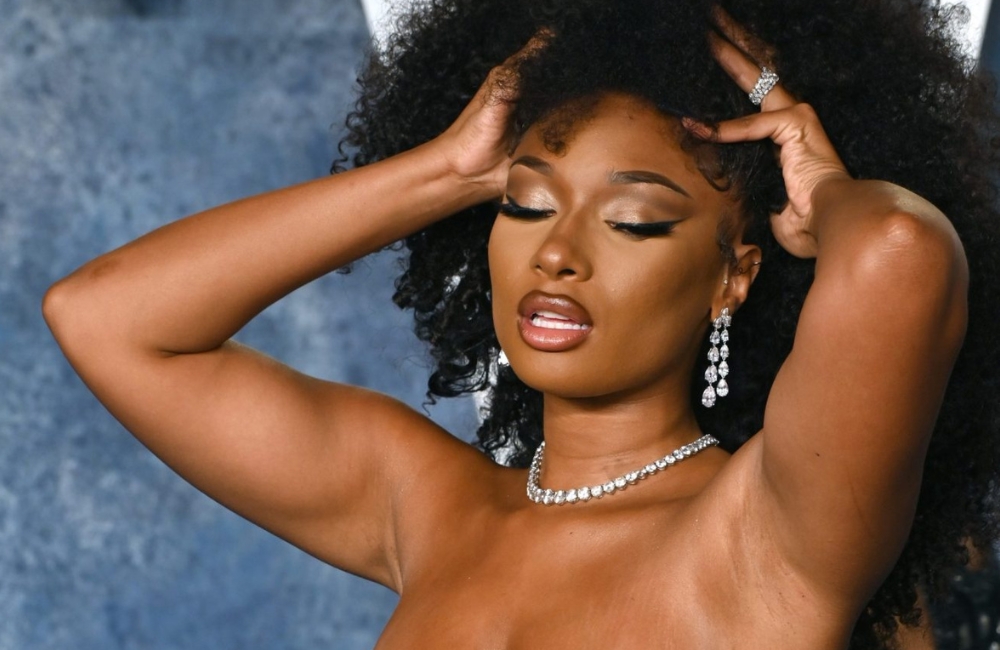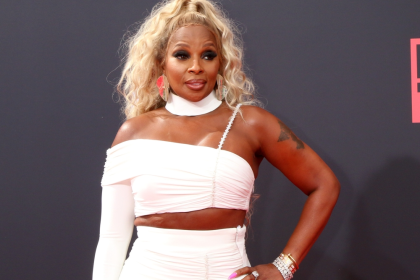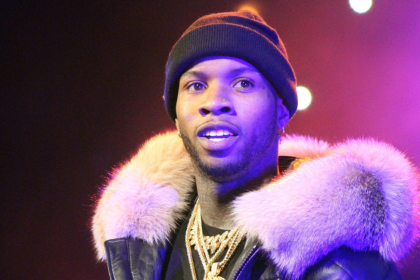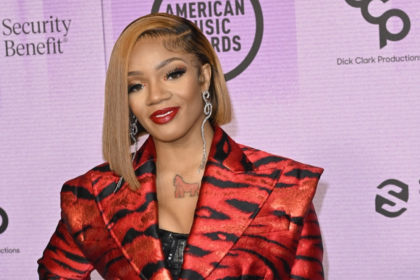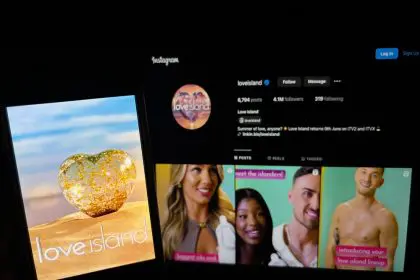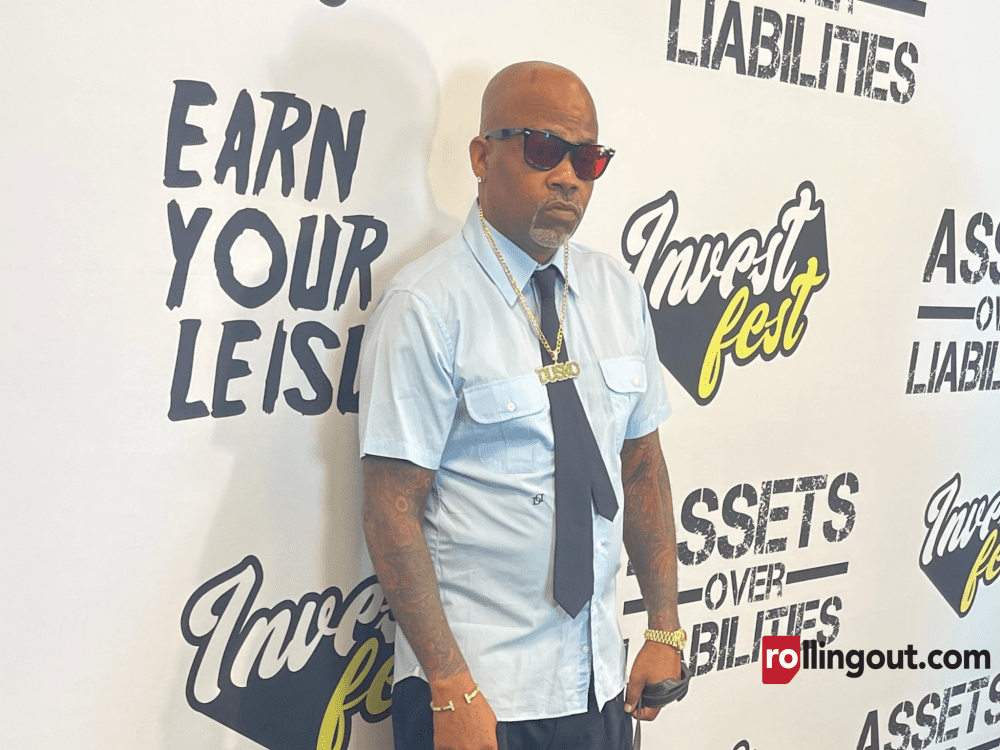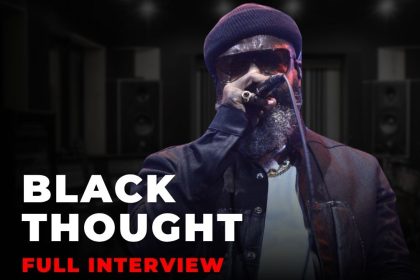The lawsuit, filed in October 2024, centers on allegations that Milagro Gramz spread false and damaging claims about Megan Thee Stallion, primarily related to her legal troubles with Tory Lanez. Megan’s legal team asserts that Gramz engaged in a prolonged campaign of cyberbullying that harmed the rapper’s mental and emotional well-being. The case aims to spotlight the dangerous effects of unchecked commentary on social media platforms.
Megan’s frustration with online harassment is evident, as her lawsuit seeks to hold Gramz accountable for her actions. This legal move emphasizes a growing call for influencers and content creators to be more responsible in their coverage of public figures.
A contested defense from Milagro Gramz
Gramz’s legal team quickly responded, filing a motion to dismiss the lawsuit. They argue that discussing or linking to content about a public figure is not grounds for legal action. According to her defense, Megan’s complaint is less about justice and more about silencing critics. Her team contends that freedom of speech protects Gramz’s online commentary, even if the opinions expressed are controversial.
In their motion, Gramz’s lawyers describe Megan’s legal claims as “overreaching,” characterizing the lawsuit as a press-driven tactic rather than a substantive legal argument. This line of defense raises questions about the boundaries of free speech, especially when it intersects with public figures’ rights.
Free speech versus accountability
At the core of this case is a debate over free speech and its limits. While public figures are often subject to public scrutiny, the rise of digital platforms has made it easier for false information to spread rapidly. Megan Thee Stallion’s lawsuit underscores the emotional toll that such misinformation can have, especially when amplified by influential bloggers or commentators.
Legal experts suggest that this case could establish a significant precedent. If successful, Megan’s lawsuit might pave the way for other public figures to seek recourse against online harassment and false claims. On the other hand, a dismissal could reinforce the broad protections granted to speech about public figures, even when that speech is damaging.
The road to trial
If no settlement is reached, the trial is slated to begin on September 8, 2025. This timeline ensures that the case will remain a hot topic in media discussions for months. As the trial date approaches, both sides will likely continue to present their arguments to sway public opinion.
The legal battle will likely explore complex legal issues, including defamation, freedom of speech, and the mental health impacts of cyberbullying. Observers are keen to see how the courts balance these competing interests.
Why this case matters
Megan Thee Stallion’s legal fight against Milagro Gramz transcends their personal dispute. It represents a larger cultural moment where public figures are increasingly pushing back against digital harassment. As social media continues to dominate public discourse, this case highlights the urgent need for clearer guidelines around online accountability.
For many, this case is a reminder of the power of words and the responsibilities that come with a platform. Whether through blogs, tweets, or videos, the content shared online can have lasting consequences. Megan’s lawsuit serves as a call to action, urging for a more thoughtful and responsible digital environment.
Looking ahead
The outcome of this lawsuit could set the stage for how public figures navigate the challenges of online harassment in the future. Regardless of the verdict, the conversation around accountability in the digital space is likely to continue, shaping the landscape of social media commentary.
As the case unfolds, it will undoubtedly influence discussions about the role of influencers, bloggers, and social media personalities in shaping public narratives. The balance between free speech and protection from harm remains a critical issue in today’s digital age.

